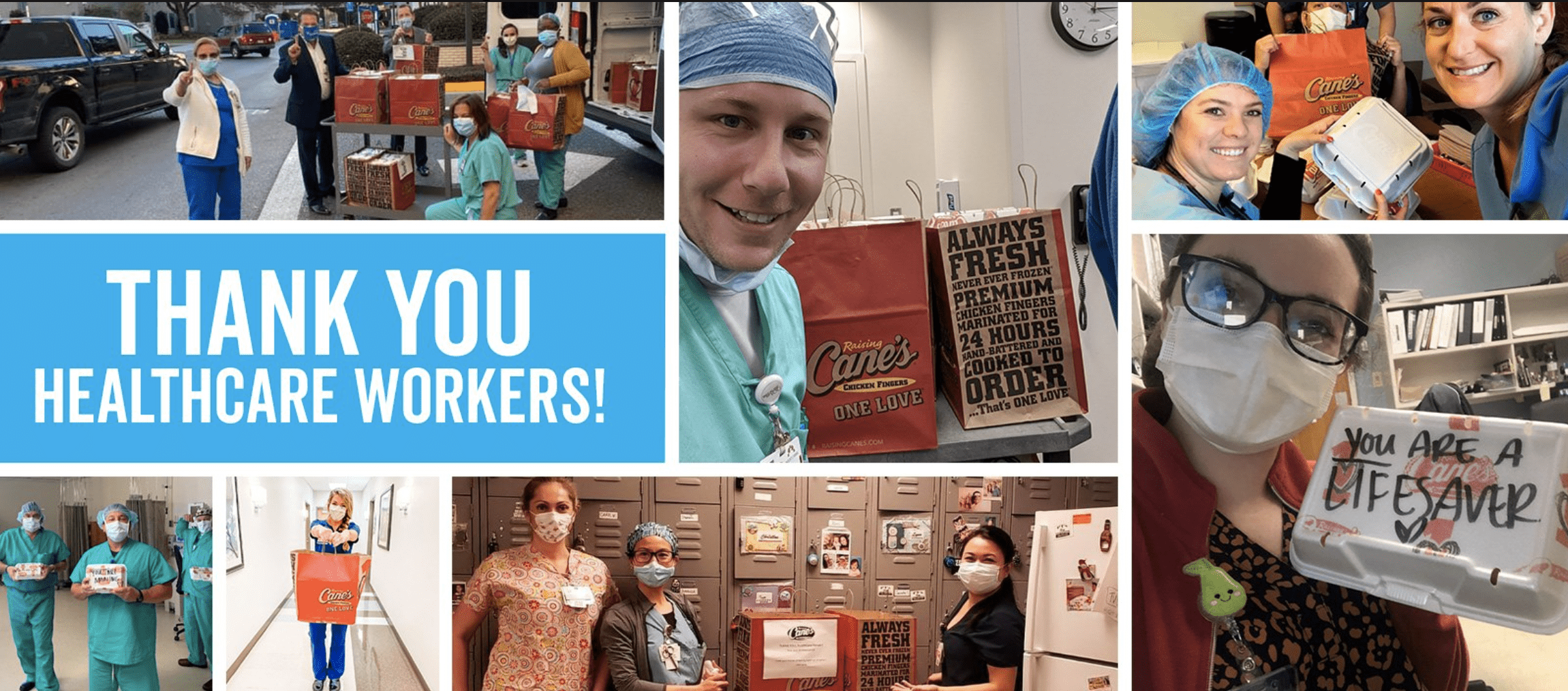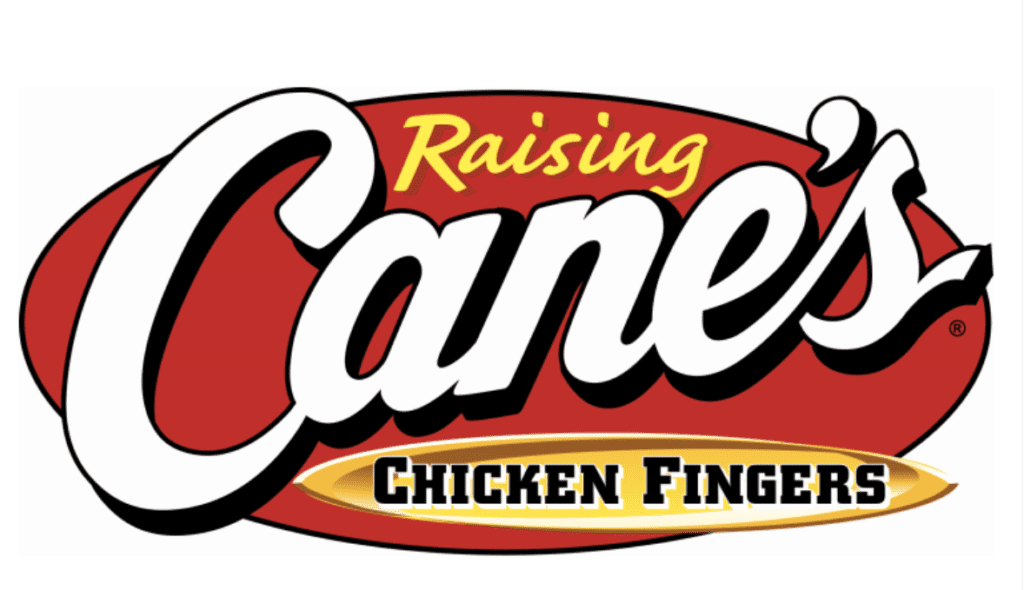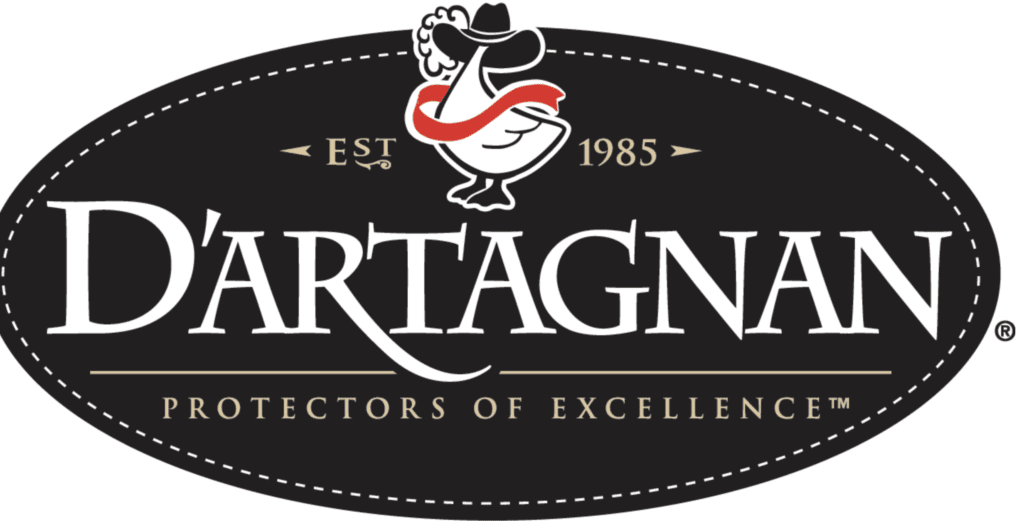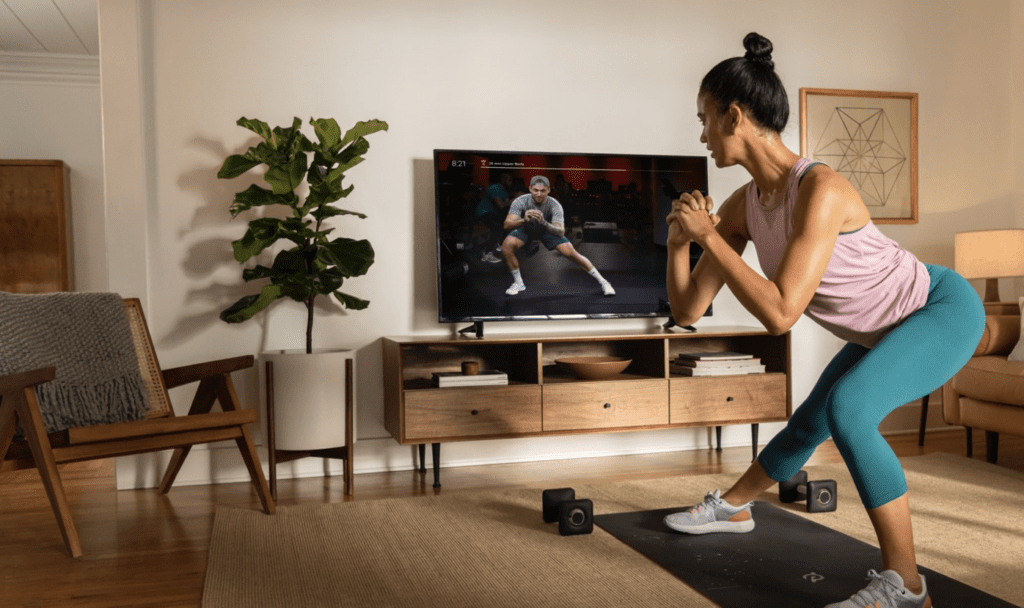On the True Interactive blog, we have discussed examples of how businesses are adapting the tone of their online advertising to remain relevant—and appropriate—during the pandemic. But some brands have needed to do more than adjust their tone; they’ve had to adapt their marketing strategies and even their business models to address specific needs or limitations brought about by COVID-19. Here are some examples:
Raising Cane’s
Raising Cane’s, the fast-food chain specializing in chicken fingers, saw the pandemic coming. As discussed in QSR, Raising Cane’s founder and co-CEO Todd Graves closely followed news of COVID-19 and its spread throughout China; Graves and his team knew it was only a matter of time before the virus moved abroad, and they were quick to take action when it did. Health and food safety, always a priority, got even more attention. And the restaurant bolstered its ability to manage drive-through service rather than sit-down dining, even as the maintenance of food quality remained a priority. The operational change demanded a marketing pivot.
Raising Cane’s changed its message, including its digital advertising, to focus on its heightened focus on safety. The business also ratcheted up promotion of its drive-through service. Especially in the early days of the pandemic as shelter-in-place mandates took hold, it was not always clear to people which restaurants were open and which ones were not. In addition, the company mobilized part of its work force to support healthcare workers on the front lines fighting the pandemic, ranging from having employees sew masks to donating food to hospitals. The company talked about these efforts, which encouraged others to step up, too. In doing so, Raising Cane’s also aligned its actions with consumer preferences: according to a Kantar study, more than three-quarters (77 percent) of the general population would like to see brands talk about how they’re helpful in the new everyday life.
Raising Cane’s realized a benefit from its marketing pivot: a temporary dip in sales that occurred when coronavirus hit U.S. shores was followed by a return to pre-COVID-19 sales numbers. Now Raising Cane’s is making another interesting change as it promotes a sponsorship of virtual musical performances to benefit people on the front lines fighting COVID-19. How about a song with those chicken fingers?
D’Artagnan
For meat and poultry seller and manufacturer D’Artagnan, pivoting has meant changing market focus. Before the pandemic, 75 percent of the company’s revenue came from sales to restaurants with some revenue coming from direct sales to consumers online. But as restaurants closed in response to lockdown orders, that business dropped 80 percent. At the same time, grocery stores saw a leap in business as people began eating at home more. D’Artagnan recognized that trend and adapted by tapping into it, overhauling its operations to meet grocery market needs as well as a 700 percent increase in demand from customers suddenly ordering directly from the D’Artagnan website. The company pivoted its online marketing in a few crucial ways:
- Ramping up special deals on its website to attract more consumers.
- Advertising its direct-to-consumer business with Google Advertising, including promotion of overnight delivery; and reliance on social media to promote deals such as Mother’s Day specials.
- Promoting an expansion of at-home delivery services, which made consumers in some previously untapped markets aware that the company was open for business.
- Redirecting its sales team to build relationships with supermarkets.
The switch has demanded flexibility from D’Artagnan’s 280 employees, who have need to operate differently. The willingness to meet those challenges has been rewarded with sustained business, and sustained business has meant jobs: The Wall Street Journal reported in mid-April that the company had retained all its employees.
Peloton
In an era when people are traveling less and doing more of everything at home, this maker of exercise equipment has shifted focus from the use of Peloton bikes in hotels and gyms to at-home use. App Annie explains that Peloton optimized for search on both their app and web site, taking out words people aren’t searching for right now — “at the gym,” for example —and replacing them with phrases touting an at-home experience. They also dialed up at-home trial promotions, increasing their free trial from 30 to 90 days. The extended trial period is highlighted in the first sentence of Peloton’s iOS app description, a good way to reach out as customers get their heads around the necessity of getting fit at home. The company has also relied on Google Advertising to promote its ability to stream fitness classes to consumers. Recently Peloton reported a 66-percent surge in sales. Clearly, people are ready for a workout.
Contact True Interactive
To succeed with online advertising in 2020, contact True Interactive. Read about some of our client work here.



